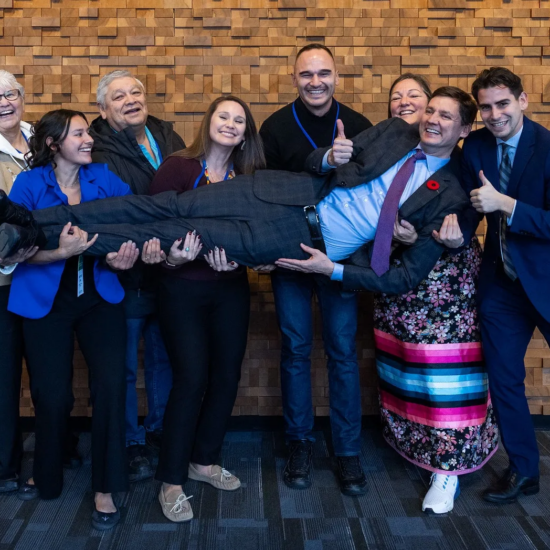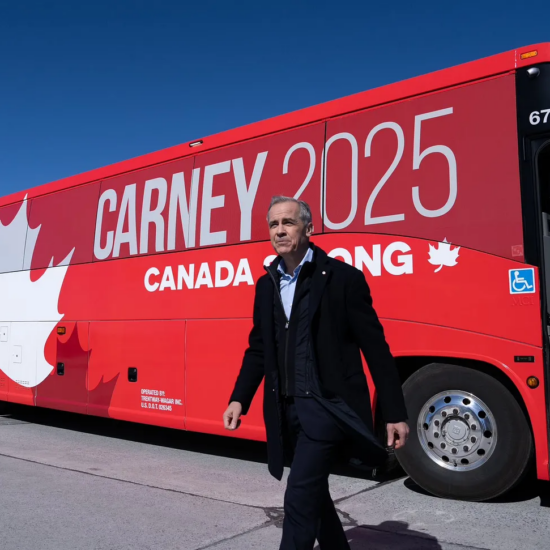
Bob Mackin
When British Columbia’s government yanked support for Vancouver’s bid to host early round matches in the 2026 FIFA World Cup, it may have been the biggest sports headline to come out of the West Coast of Canada since the 2010 Winter Olympics.
theBreaker counted readers from 92 countries after publishing a story about FIFA’s audacious and exorbitant list of demands for governments that want to host its marquee event. Media outlets near and far cited theBreaker in their reporting about governments in five North American jurisdictions that quit supporting the United Bid for 2026.
From 10 years of no federal, provincial or municipal taxes to relaxed labour laws. From the movement of unlimited sums of currencies to the public paying the full cost of security and taking liability for any security incidents. B.C. Premier John Horgan was spot-on when he called FIFA’s demands a “blank cheque.” Some members of the Horgan administration, like chief of staff Geoff Meggs and junior trade minister George Chow, came to Victoria from Vancouver city council. Through the 2010 Winter Olympics and Canada 2015 Women’s World Cup, they grew weary of satisfying the snobby Swiss sports lords. 
Bid boosters are always quick to offer blue sky estimates of benefits, but the costs are something they either don’t know or don’t really want you to know. Meanwhile, FIFA salivates at the US$300 million in bonuses it stands to gain from North American rights-holding broadcasters if (when?) it chooses the United States/Mexico/Canada bid over Morocco on June 13 in Russia. FIFA reported US$1.27 billion in the bank through 2016. Surely, FIFA can afford to produce events on its own.
The organization is still reeling from the US$150 million bribery and kickbacks scandal. Yes, slippery Sepp Blatter was given the long overdue red card in late 2015, but many of his enablers remain. New president Gianni Infantino didn’t inspire confidence after his salary was omitted from the annual financial report and he fired ethics committee members last year who were probing his UEFA-funded presidential campaign.
The very hour that theBreaker was publishing the story on March 14, news emerged from Chicago that the host of the 1994 World Cup kickoff and the headquarters of the United States Soccer Federation had withdrawn. The next day, after theBreaker story began circulating around the world, Minneapolis withdrew and word emerged that Glendale, Az. was gone. The Province of Alberta pulled its support. Its capital city, Edmonton, remains one of three Canadian cities on the bid book, for now. Toronto and Montreal are the others.
This reporter was interviewed by several media outlets and theBreaker was cited in many more.
Play the Game, the Denmark-based sport ethics and transparency foundation, and Sports Illustrated’s Grant Wahl Tweeted theBreaker story to their followers.
CBC Vancouver’s Karin Larsen interviewed your servant for “FIFA follies: Chicago, Minneapolis join Vancouver in saying no to hosting 2026 World Cup games,” which was followed by Matt Sekeres and Blake Price on TSN 1040.
Business Insider’s Brandon Wiggins reported under “FIFA’s absurd demands are pushing cities to drop out of the bid for hosting the North American World Cup.”
Globe and Mail’s Gary Mason, “B.C. was right to give FIFA World Cup bid the boot,” and National Post’s Chris Selley “Some welcome pushback from B.C. and Alberta to FIFA’s World Cup racket” also credited theBreaker when they opined in time for the weekend.
The topic dominated the March 17 edition of The Sport Market with Tom Mayenknecht.
The ball kept rolling after the weekend, with Montreal Gazette’s Jack Todd “Montreal must get out of World Cup bid before it’s too late,” and The Province’s Ed Willes, “FIFA needs to act like guests — not like visiting royalty.”
On Monday, it was an interview with CJAD AM 800 in Montreal.
Globetrotting mega-event owners are having troubles finding places to pitch their tents, because of the skyrocketing costs to build and operate those events, the often disappointing legacies and the stench of scandal that follows from one host city to the next. The owners, whether it is the International Olympic Committee or FIFA, must lessen the burden on the public, and they must transform themselves into transparent and accountable entities with zero tolerance for corruption.
Quite simply, the business model must change or these events will decline in prominence, like the World’s Fair movement did after Vancouver’s Expo 86. (Hands up if you know where last year’s expo happened or where the next one will be in 2020? The answers are Kazakhstan and Dubai.)
All of that is easier said than done. FIFA’s brazen demands of 2026 bidders only prove that the organization hasn’t learned to be humble since the 2015 FBI crackdown. Sport is a powerful and meaningful way to bring the world together in peace. FIFA has wrapped itself in flags that preach sportsmanship and fair play. Yet, the athletes aren’t the only ones who should be expected to be on their best behaviour at all times.
- For more about the FIFA 2026 World Cup bid controversy, listen to theBreaker.news Podcast, which features an interview with sports economist Victor Matheson. Is hosting the World Cup an honour or a burden?
Support theBreaker.news for as low as $2 a month on Patreon. Find out how. Click here.











